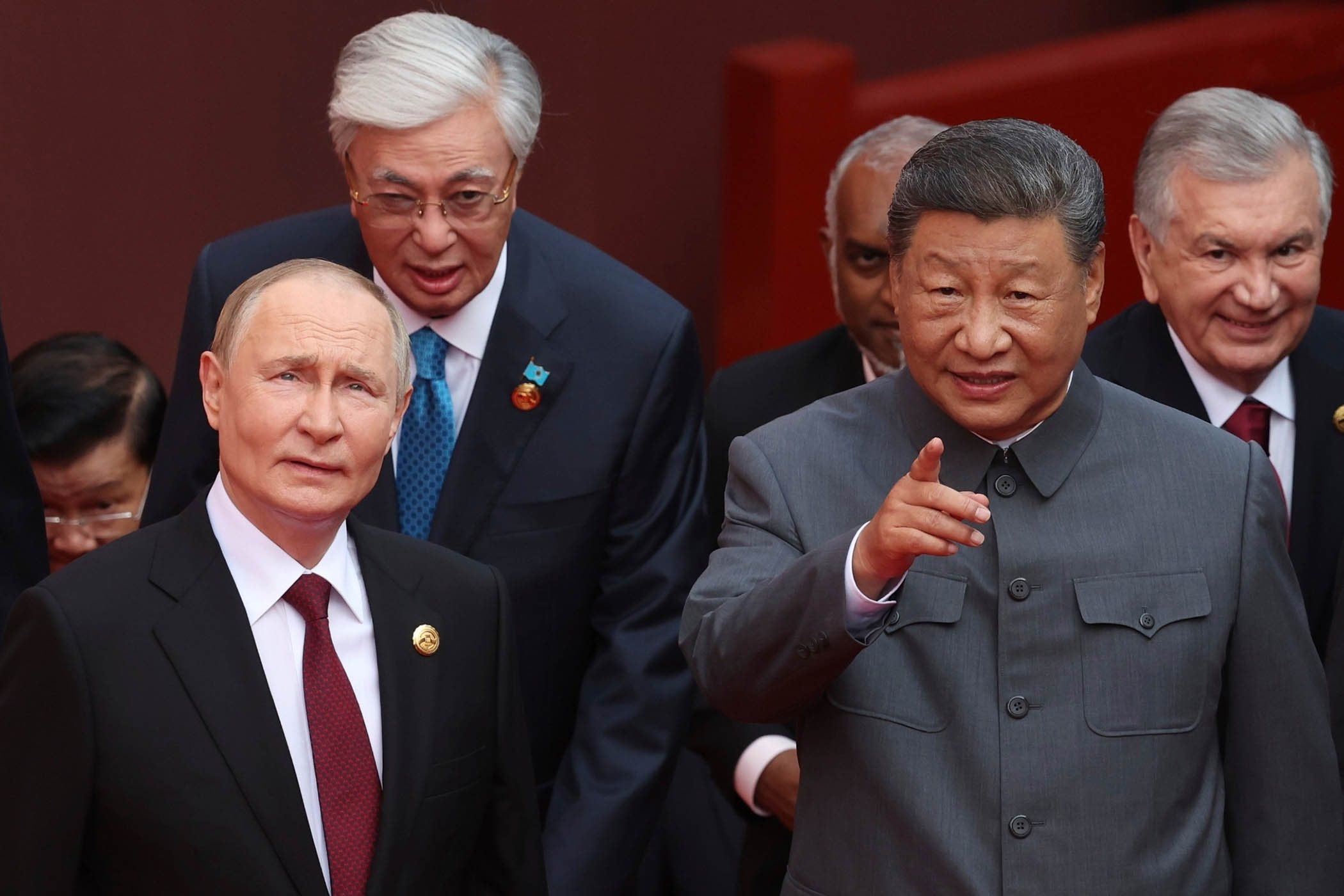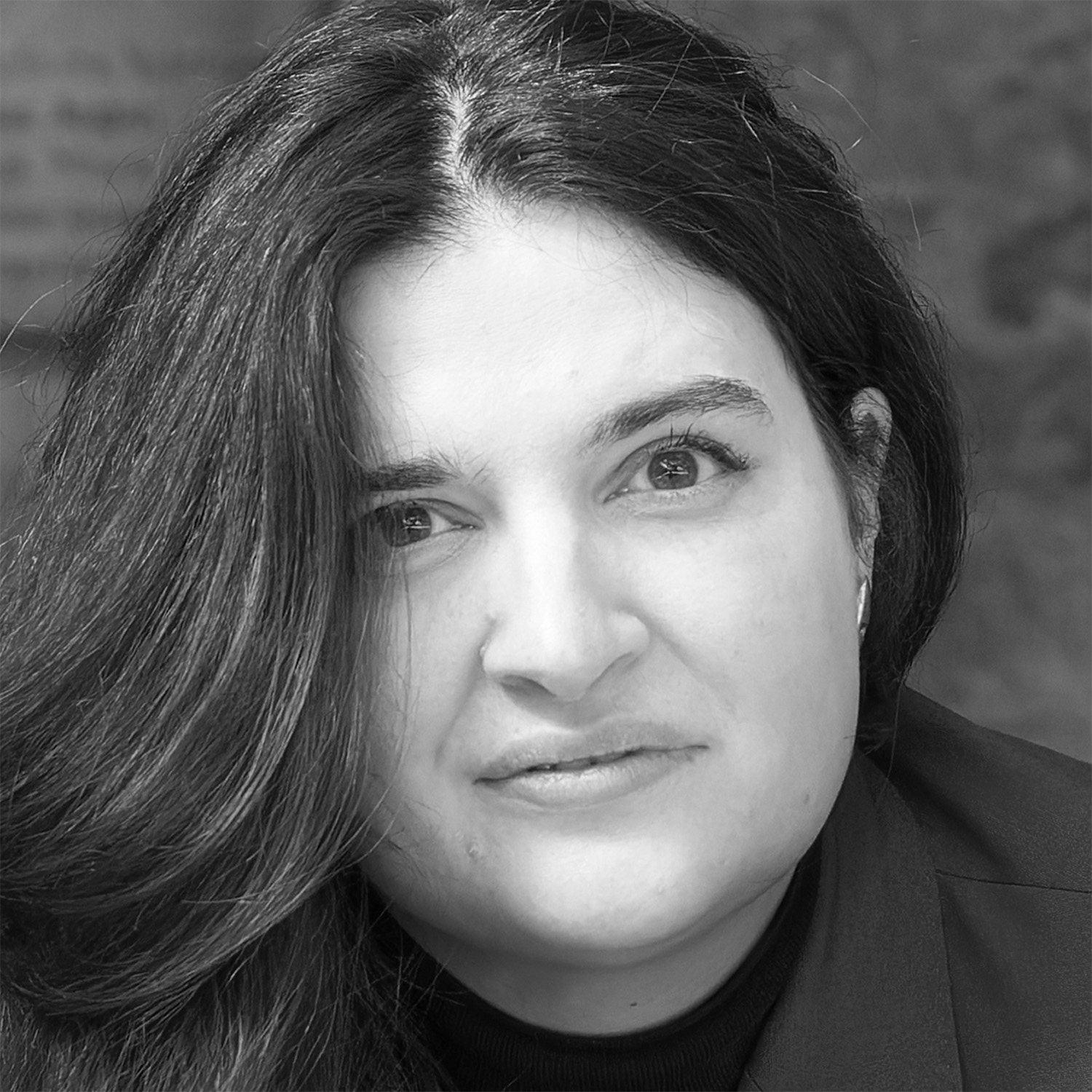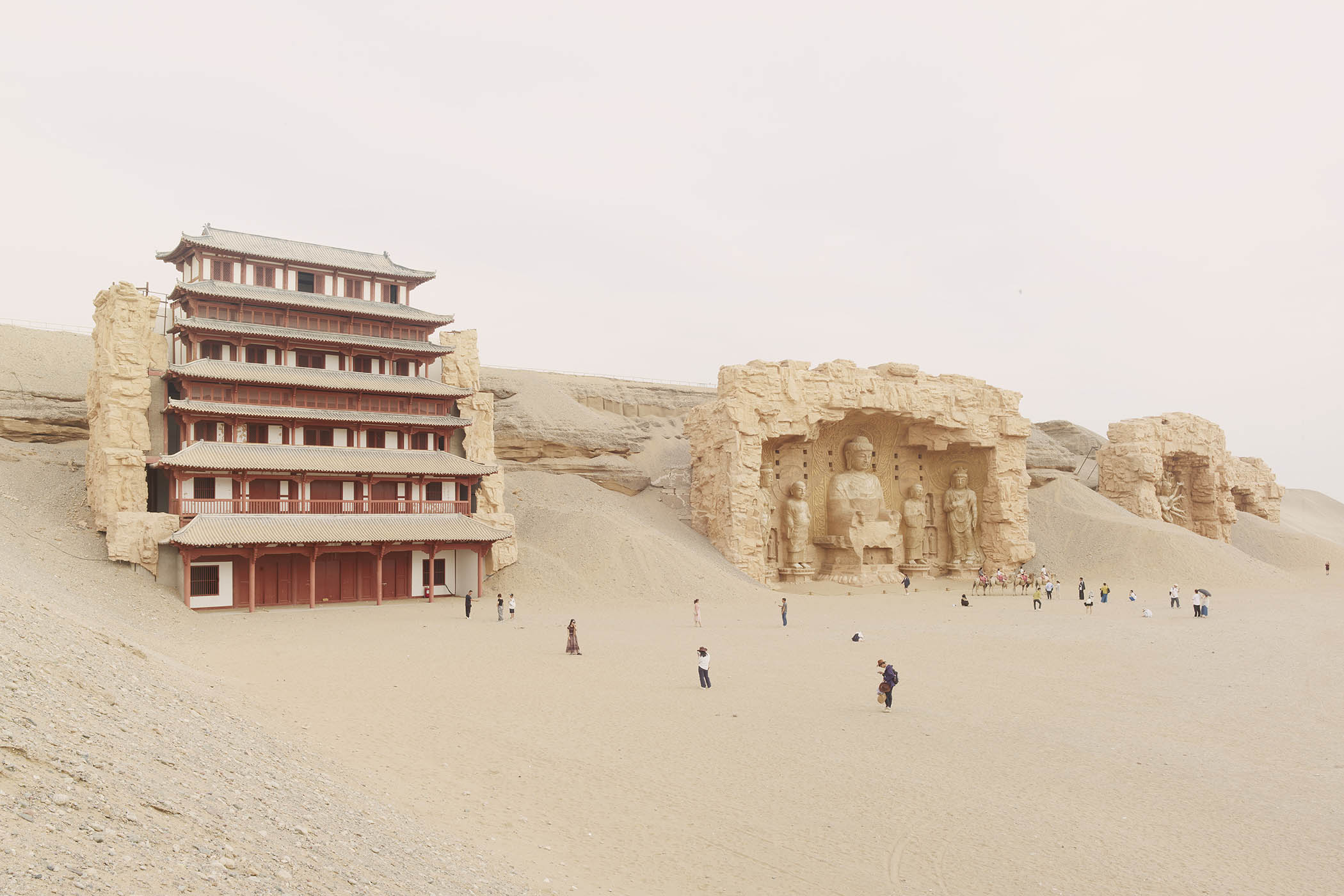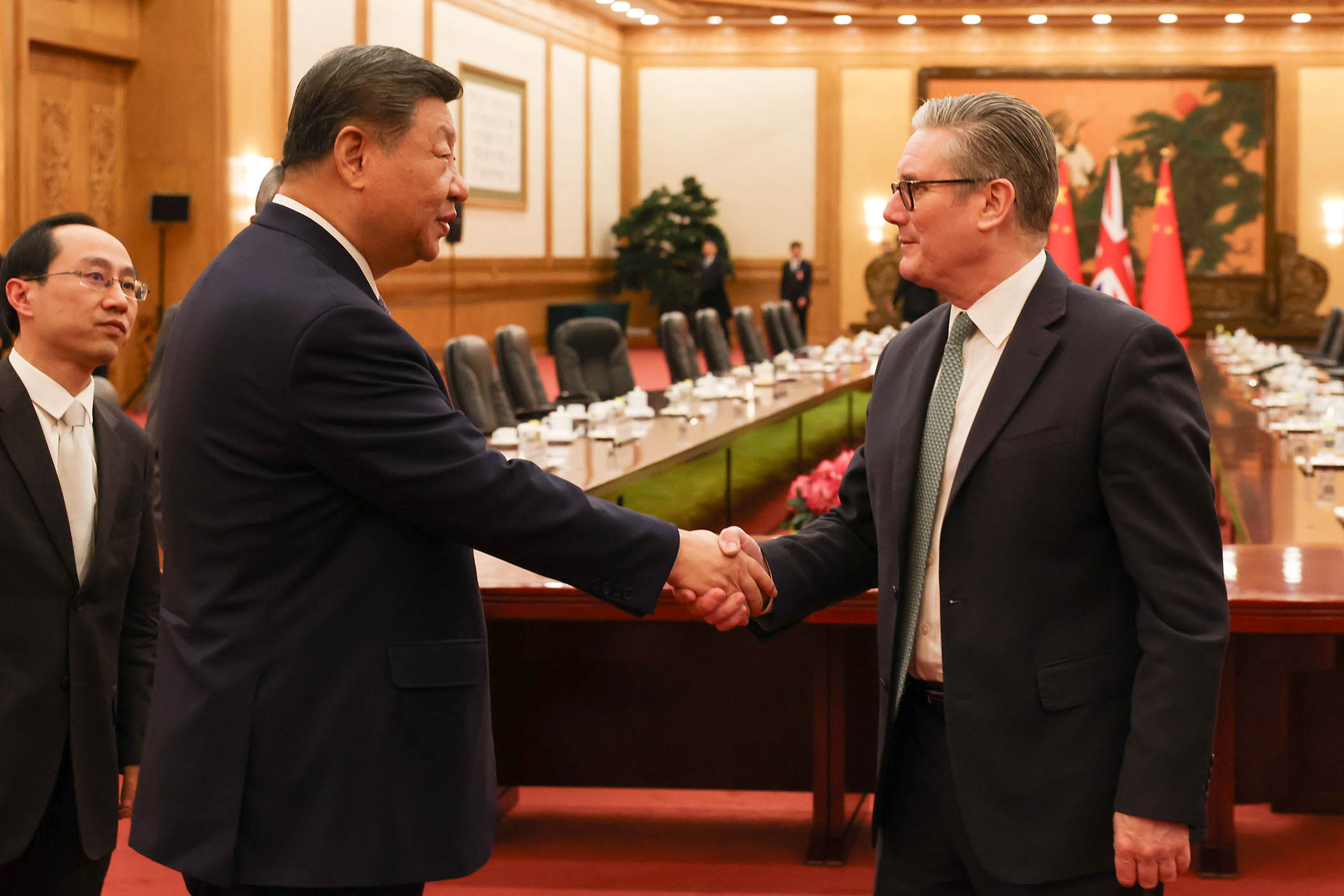What do you give the dictator who has everything? Throughout history, autocrats have hankered after the elixir of eternal life but, if you’re on a diplomatic visit to China, promising it might play havoc with protocol.
Two and a half millennia before Vladimir Putin visited Xi Jinping for last week’s military parade in Beijing, the ancient texts tell of a dignitary who presented an exotic substance to King Qingxiang of Chu, promising it could confer immortality. A nosy guard observed the exchange and immediately snaffled the lot.
King Qingxiang condemned the thief to death. A canny adviser persuaded him to commute the sentence. Kill the guard, and you prove that the elixir he had just consumed provided no protection from death whatsoever. What greater insult could there be to the foreign guest than to prove him a liar? Instead, diplomatic protocol required that the pilfering guard be kept in the peak of health: a lesser evil than forcing one’s boastful guest to lose face.
Xi may have borne this story in mind on Wednesday, as he smiled at Putin’s talk of mortality-busting advances in biotechnology. Microphones picked them up speaking through translators, just as Xi was musing on the relative youth of today’s septuagenarians. (“In the past, it used to be rare for someone to be older than 70 and these days they say that at 70 one’s still a child.”) This is perhaps self-serving: Xi is 72. But it was Putin who went further, expounding on one of his favourite subjects: eternal life. “With the development of biotechnology,” we can just catch him saying, “human organs can be continuously transplanted, and people can live younger and younger, and even achieve immortality.”
Dictators must hunt for immortality: the afterlife is unlikely to be kind to them
Dictators must hunt for immortality: the afterlife is unlikely to be kind to them
Former KGB agent Putin didn’t specify where he hoped to find a ready supply of human organs. Global research laboratories, nicely bound by academic charters of ethics, have begun the synthetic bioprinting of some components of body parts, but Putin’s reputation suggests something more akin to the nightmarish nurseries of clone children raised for organ harvesting, as depicted in Kazuo Ishiguro’s novel Never Let Me Go.
His interlocutor, President Xi, presides over a regime that has been repeatedly and credibly accused of harvesting organs from prisoners of conscience and victims of genocide, including Falum Gong practitioners, Uyghur Muslims or Tibetans. Last week, however, Xi was non-committal, replying: “Predictions are, this century, there’s a chance of also living to 150.” He didn’t bet on immortality. Perhaps he’s better informed than Putin about the limitations of recent transplant science. Or perhaps he just wanted to let his guest save face.
Dictators need to hunt for immortality: the afterlife is unlikely to be friendly to them. Whether you believe in hell, reincarnation, or simply a void, if you’ve got it all in this life, why risk losing it in the next? History is littered with tyrants reported to have taken extreme measures to extend their lives – including many of Xi’s forebears in China. The first Chinese emperor, Qin Shi Huang, is said to have died of mercury poisoning after he spent years consuming a purported elixir of life – unfortunately, it probably contained cinnabar, aka mercury sulphide. (He made it to 49.) In the meantime, he’d also built the terracotta army to protect his spirit in the afterlife, which suggests Boris Johnson levels of “cakeism” (having your cake and eating it).
Western monarchs and Russian tsars made similar mistakes in the quest for eternal life. Thanks to archaeologists, we know that Putin’s predecessor, Ivan the Terrible, also died with high levels of mercury in his body, which he may have taken as a cure for syphilis as well as an immortality drug. In Ivan’s final days, he locked up 60 witches, male and female, with instructions to push back the date of his death supernaturally or face their own. (According to one historian, he also requested a cure for his swollen testicle.)
Related articles:
Holy Roman Emperor Rudolf II didn’t kill himself, but he did end up deposed by his religious subjects – of all denominations – after flaunting magicians and alchemists around his court. The convicted 16th-century fraudster Edward Kelley promised him the philosopher’s stone, the mythical source of immortality and of limitless gold. (Kelley’s time in Prague also involved a notorious wife-swapping incident with fellow English magician John Dee.) Rudolf died in 1612, nine months after his final deposition.
Death is the one thing a dictator can’t control: no wonder so many have dreamed of conquering it. Fear of death breeds fear of life: for most autocrats, with the approach of mortality comes vulnerability, paranoia and increasing authoritarianism. It can’t help that we traditionally rank both royal and political rulers by the length of their rule – think of Liz Truss, forever damned by her 49 days.
Newsletters
Choose the newsletters you want to receive
View more
For information about how The Observer protects your data, read our Privacy Policy
For constitutional monarchs – think Victoria, or Elizabeth II – a long life can offer their subjects the illusion of stability. But the final years of aged English monarchs have also been marked by stagnation and decay. George III may score third place on the royal longevity rankings, but he spent his final decade incapable of ruling. Edward III lost control of his parliament, going from war hero to senile lecher. Elizabeth I’s last decade was by far her least successful, as her trusted counsellors died off, her soldiers went unpaid and a generation of rebellious young men chafed under the rule of an old woman.
A new production of Liz Duffy Adams’ play, Born with Teeth, which dramatises this period of Elizabeth I’s reign, opened in London’s West End last week. It’s fun rather than substantial, a sexed-up spy tale of Christopher Marlowe and William Shakespeare, but it captures the paranoia that sets into surveillance states when the ruler is determined to go on and on – and would-be successors get desperate.
The quest for immortality may make Putin more dangerous. It also makes him vulnerable.
Photograph by Alexander Kazakov, Sputnik, Kremlin Pool Photo via AP



